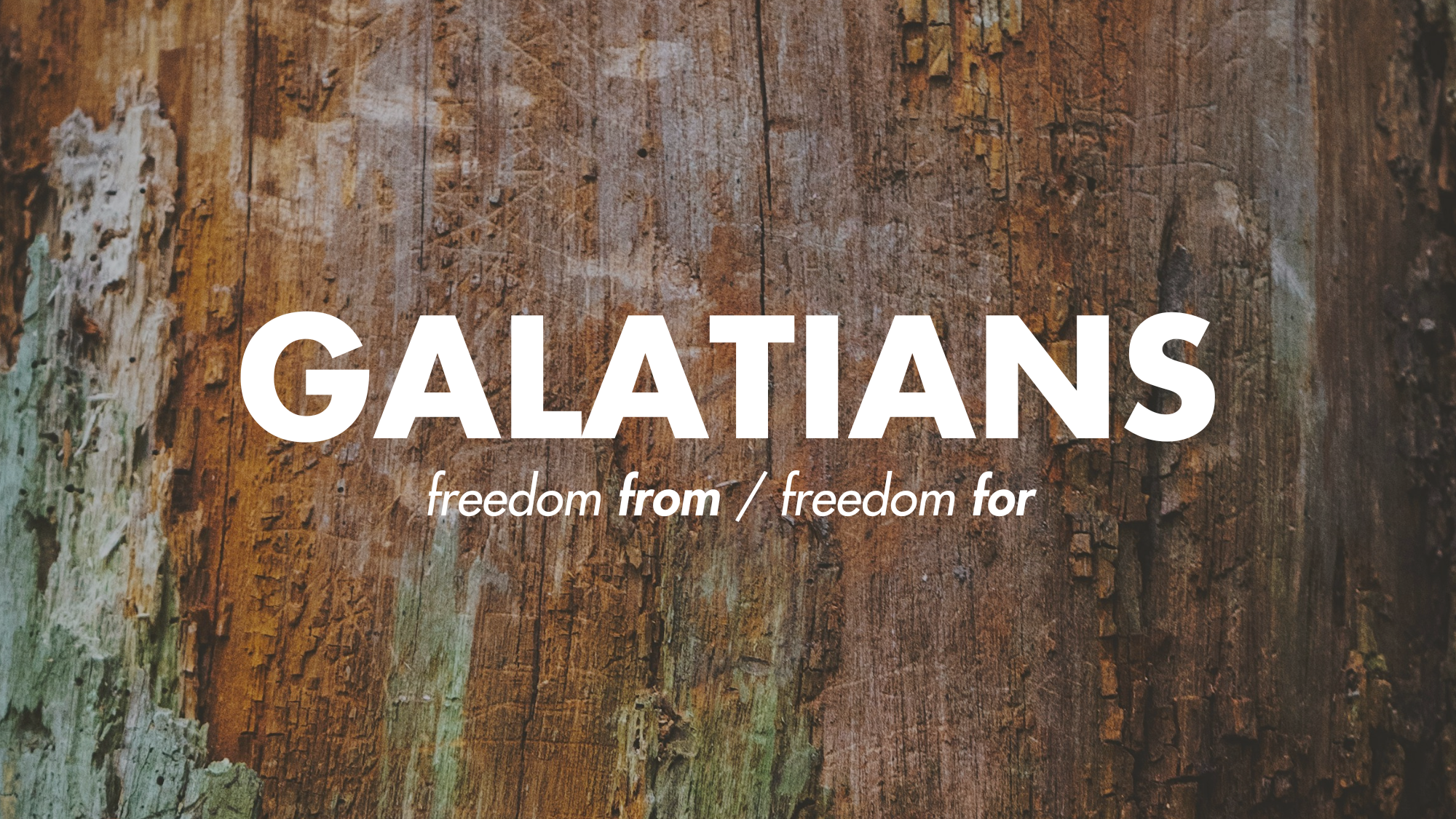In this talk, we explore the profound truth of our worthiness as beings created in God's image. Just as Eve succumbed to the lie of inadequacy, many of us believe we're not enough, striving to earn love and belonging. This struggle is compounded by societal influences like racism and misogyny, as well as clever marketing campaigns convincing us we aren't quite enough.
However, God's unconditional love assures us of our inherent worth. From this foundation, we're empowered to navigate life's challenges, free from the need to prove our worthiness. Join us as we discover the liberating truth: worthiness is our birthright.
By Anthony McLean
















